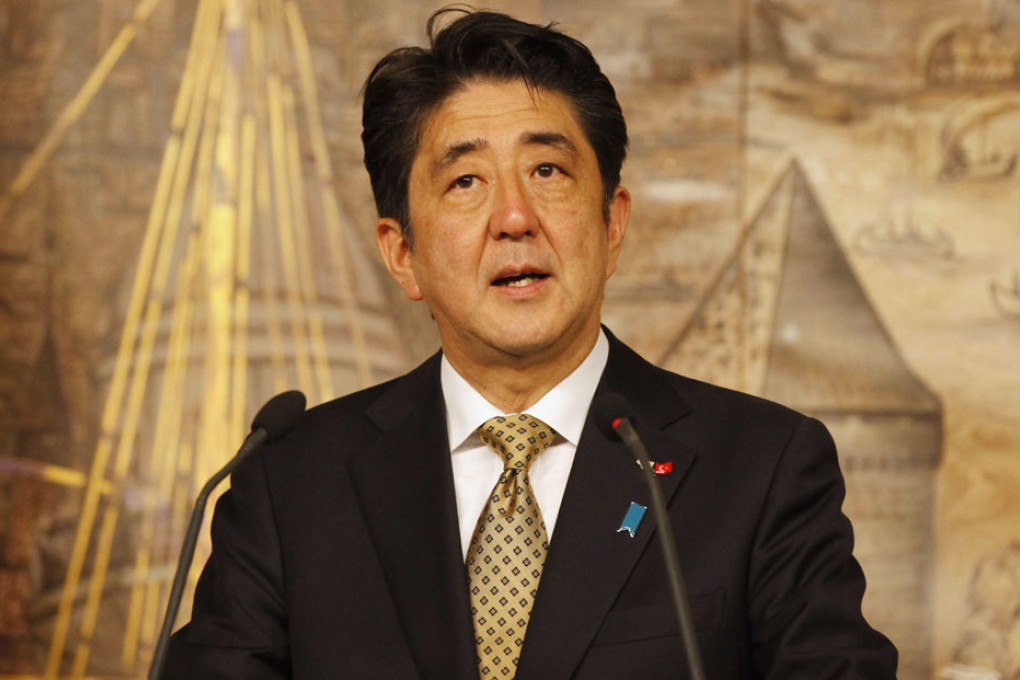Japan military launches island-taking drills in Okinawa
The Japanese military launched amphibious landing drills involving 34,000 troops in Okinawa yesterday, as Tokyo denied interfering with Chinese naval exercises in the western Pacific.

The Japanese military launched amphibious landing drills involving 34,000 troops in Okinawa yesterday, as Tokyo denied interfering with Chinese naval exercises in the western Pacific.
The 18-day series of drills comes at a time of heightened tensions between the two neighbouring economic powers, which are at odds over possession of the Diaoyu, or Senkaku, islands in the East China Sea.
Six Japanese warships and 380 military planes were expected to take part in the drills, which involved amphibious landings on uninhabited islands similar to the Diaoyus. The drills are taking place on the atoll of Okidaitojima, 400 kilometres southeast of the main Okinawan island and well away from the Diaoyus.
Japanese Prime Minister Shinzo Abe has said the country was ready to be more assertive towards China, which began coastguard patrols around the islands last year after the Japanese government bought three of them from a private Japanese owner.
Japan's national broadcaster NHK reported yesterday that land-to-sea missiles from Hokkaido would be shipped to Miyakojima, Okinawa, as part of the exercise. The Japanese Defence Ministry said that no specific country was targeted by the simulation, the report said.
Earlier, the Chinese Defence Ministry had accused Japan of a "dangerous provocation" by shadowing its own drills in the western Pacific.